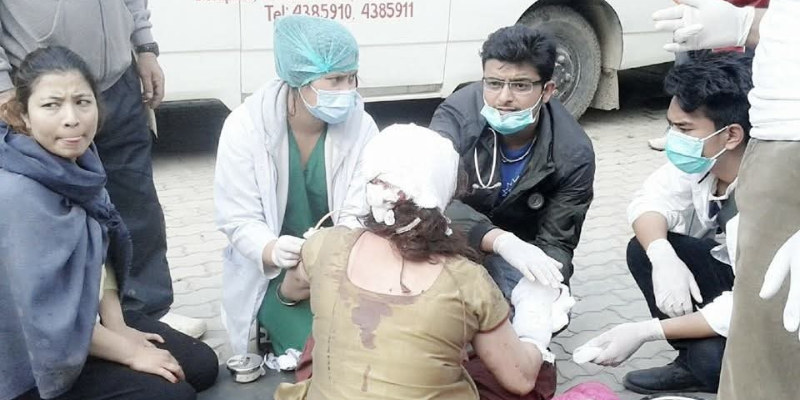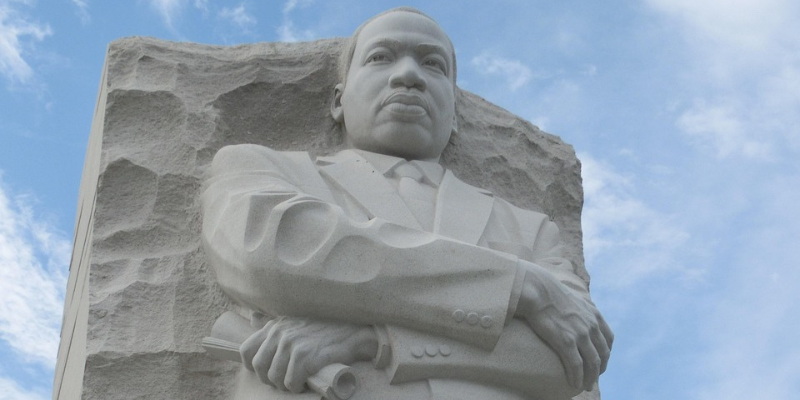My interest in palliative care started with my grandma’s use of hospice services seventeen years ago. She suffered with multiple sclerosis for over forty years.
I was very close with my grandma, since she lived with my parents and I during my childhood, due to needing extra help and support. I grew accustomed to home health nurses in our private space, and I saw the different types of assistance available to someone with a chronic illness. This somewhat unique childhood experience helped me to become patient, caring, respectful, and fostered a sense of humor amongst trying times. I witnessed my grandma’s declining health during my teen years, and she continued to worsen as I became a young adult. However, we talked on the phone frequently and remained close when I visited for holidays.
Then, at 25-years-old, I received a dreaded phone call that my grandma was admitted to an inpatient hospice facility after being diagnosed with a pressure ulcer and serious infection. I traveled to Florida to see her the next day, but I was not prepared for what I saw. She was in a comatose state, though I felt her presence there with me. There was a hospice nurse sitting with her, who looked no older than myself at the time. I was amazed that this person was in this situation on a regular basis, as her job. It was calming to have her there and she explained what we should expect. She gave me a small booklet of information about the dying process, which was helpful. She also told my family about what services the hospice offered; things I never knew existed.
I was able to call a volunteer musician. She showed up within an hour, with a guitar and songbook. I picked many of my grandma’s favorite songs and the musician played them as a celebration of her life. I massaged my grandma’s feet. I was then allowed some private time with my grandma. I whispered promises that I would look out for my dad and uncle, promises I keep to this day. That night was the 4th of July and she passed away as fireworks were exploding outside. It was touching for her to die on Independence Day after being dependent on others for so long, due to her chronic illness.
What may have been a terrible experience for most people was actually made very positive for me. I felt comfortable with my grandma’s choice to forgo medical interventions and to die peacefully. I understood the quality of life she had as she entered her seventies, and the pain and suffering she endured. I was very grateful for that hospice nurse and her understanding. It made me want to make that kind of difference for someone else going through a similar experience.
Unfortunately, I had another opportunity fifteen years later, to once again be there for my family in this way. My sister-in-law was dying of terminal cancer at 34-years-old. She tried every possible intervention, but being a nurse, I understood her prognosis much sooner than everyone else. I was able to explain some medical processes to her family. I was aware of services that are available to patients with terminal cancer. I was a rock for my husband, as he lost his younger sister.
These experiences led me to an education and career in palliative care. I enjoy helping patients with chronic illnesses, whole-person care, and supporting families, but I especially like comfort-care patients. It takes empathy and specialized training to assist in end-of-life care. It may be something that we are called to. I care deeply about these patients and their families. I am able to have difficult conversations when necessary. I try to create space for family members to talk about who the person in the hospital bed is, when that person can no longer talk for themselves. This path has led me to holding the hands of comfort care patients as they take their last breath. I strive to help people find closure and healing in these difficult times.



